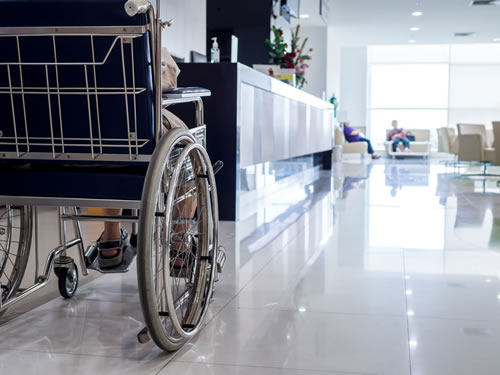
The “Protecting Access to Care Act” Threatens Patients and Nursing Home Residents
July 21, 2017
For Years, Nursing Homes Had Fewer Nurses and Staff Than Reported to the Government, According to New Federal Data
July 20, 2018Despite a reduction in the use of anti-psychotic medications in the last five years for treatment of nursing home residents in the United States, a recent study shows that they are still widely prescribed for such residents even though they are not recommended for use in elderly people with dementia.
On Monday, February 5, 2018, in a detailed report from Human Rights Watch, the group urged still tougher restrictions on the use of anti-psychotic medications such as haloperidol and risperidone, used to treat serious mental illnesses such as bipolar disorder and schizophrenia, for treatment of nursing home residents exhibiting signs of dementia.
In its analysis of the latest government data available, Human Rights Watch estimates that, despite reductions from past usage, there are still approximately 179,000 nursing home residents receiving anti-psychotic medications even though these residents do not have a diagnosis for which these drugs are approved.
In fact, drug manufacturers of these medications warn against the use of their anti-psychotic medications for treatment of elderly patients, since these drugs increase the risk of death in older patients with dementia.
Historically, these drugs were often over-prescribed in order to make it easier for understaffed facilities whose direct care employees are not adequately trained in dementia care to manage some of the behavioral issues that often accompany dementia.
I urge each of you who have family members in a nursing home to become involved in their care, and to attend care plan meetings and specifically inquire as to what medications are being prescribed for the resident, particularly if changes are noted in their loved one’s ability to communicate or interact with family or other visitors. What may be assumed to be signs of dementia may just as likely be due to improper use of anti-psychotic medications.

